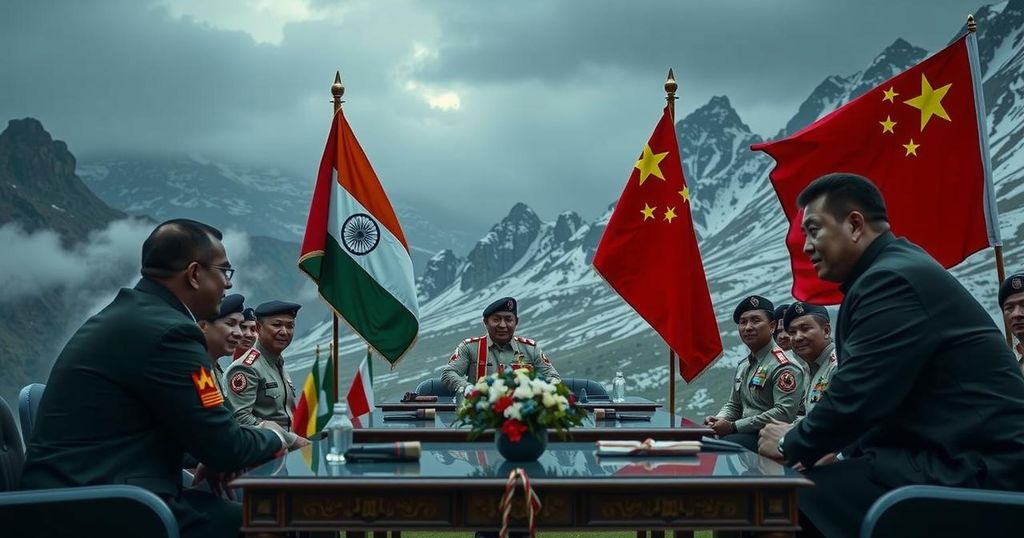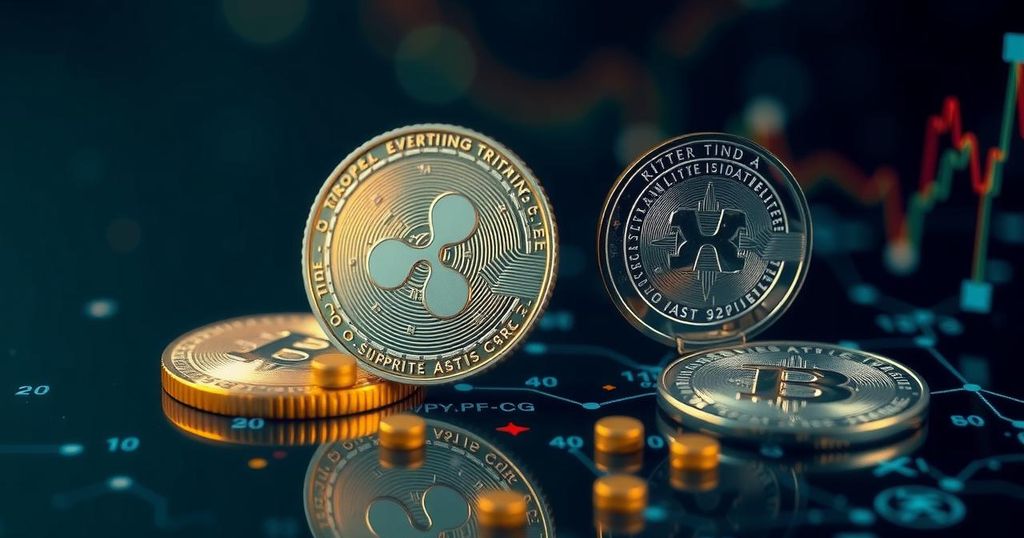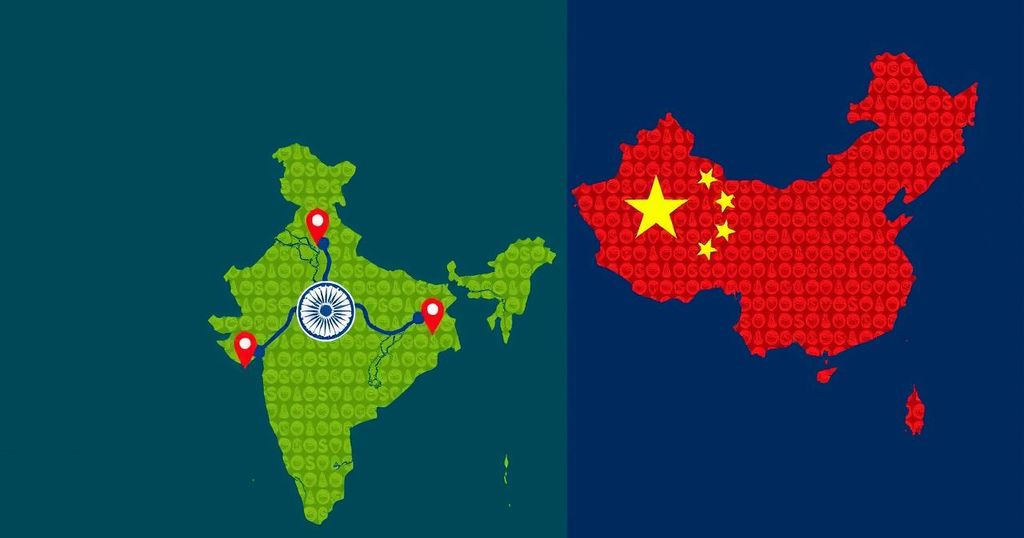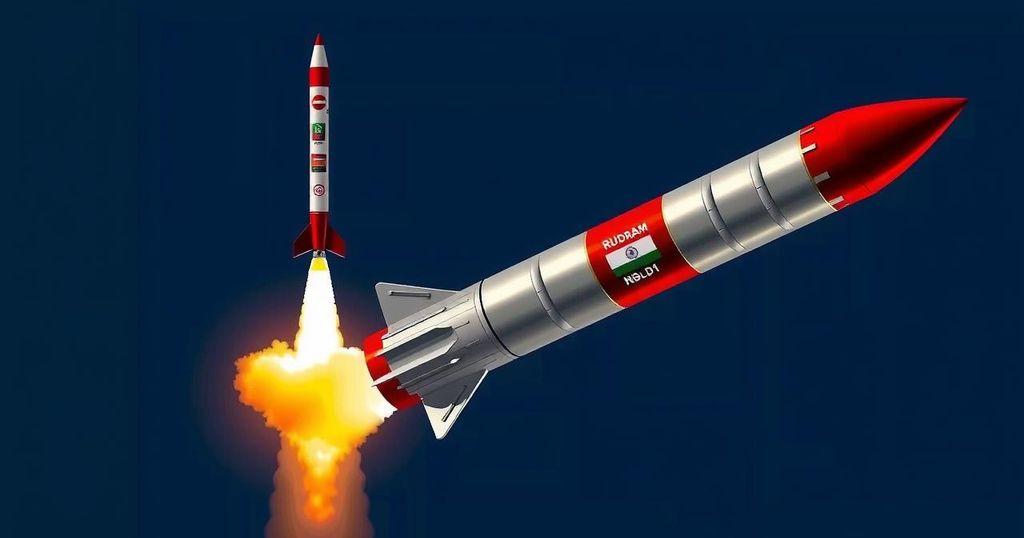Jaishankar Acknowledges Military and Diplomatic Efforts in India-China LAC Agreement
External Affairs Minister Subrahmanyam Jaishankar announced the commencement of India-China disengagement at Depsang and Demchok, to be completed by October 29, and resuming patrols on October 30-31. He credited military preparedness and diplomacy for this breakthrough, noting ongoing negotiations since 2020 to resolve border issues. Jaishankar emphasized that rebuilding trust between the nations will require time, even as initial steps towards disengagement are taken.
On October 21, External Affairs Minister Subrahmanyam Jaishankar announced a significant agreement between India and China concerning patrolling along the Line of Actual Control (LAC) in eastern Ladakh. The disengagement process at strategic locations, including Depsang and Demchok, commenced on the same day and is expected to conclude by October 29. Following this, patrolling activities by both nations will resume on October 30-31. During a discussion with students in Pune, Minister Jaishankar expressed gratitude towards both military efforts and diplomatic endeavors for facilitating this breakthrough, emphasizing that while steps have been taken toward normalizing relations, rebuilding trust will require time. Jaishankar highlighted a recent meeting between Prime Minister Narendra Modi and Chinese President Xi Jinping held in Kazan, Russia, where it was agreed that foreign ministers and National Security Advisors from both nations would collaborate on future actions. He stated, “If today we have reached where we have… One is because of the very determined effort on our part to stand our ground and make our point.” The minister acknowledged the indispensable role of the military in safeguarding the country under challenging conditions and the increase in annual resources allotted to defense, which have aided effective troop deployment. These combined efforts are credited with achieving the current state of affairs. Commenting on the troubled history of the border situation since 2020, Jaishankar noted, “The border situation had been very disturbed which understandably negatively impacted the overall relationship.” He elaborated on India’s extensive negotiations with China since September 2020 to address the conflict, stating that the immediate priority was disengagement, given the close proximity of troops on both sides. Furthermore, Jaishankar indicated that some agreements had been reached regarding troop movements, which involved restoring patrolling rights in specific areas that were curtailed in the past two years. He concluded by affirming the significance of the recent communication agreements aimed at resuming traditional patrolling practices in Depsang and Demchok. In summary, the recent developments in LAC patrolling represent a crucial step towards managing bilateral relations between India and China, rooted in both military readiness and diplomatic dialogue.
The India-China border dispute has a long history characterized by periods of tension and conflict, most notably the Sino-Indian War of 1962. Since 2020, relations have been particularly strained due to military confrontations at several points along the LAC in eastern Ladakh. The ongoing negotiations have focused on disengagement, de-escalation, and the terms of patrolling, which were impeded by the tense buildup of troops along the border. This recent agreement marks a potential thawing of relations, leading to discussions aimed at restoring normalcy along the contested border region.
The recent agreement between India and China on LAC patrolling signifies a notable advancement in diplomatic negotiations, reflecting both military readiness and strategic dialogue. While normalization of relations may take time, the commitment to restore patrolling rights is a vital step towards improving bilateral ties and mitigating tensions along the contested border. The efforts by the Indian military and diplomatic channels have been instrumental in reaching this agreement, showcasing the importance of firmness and negotiation in international relations.
Original Source: www.hindustantimes.com








Post Comment